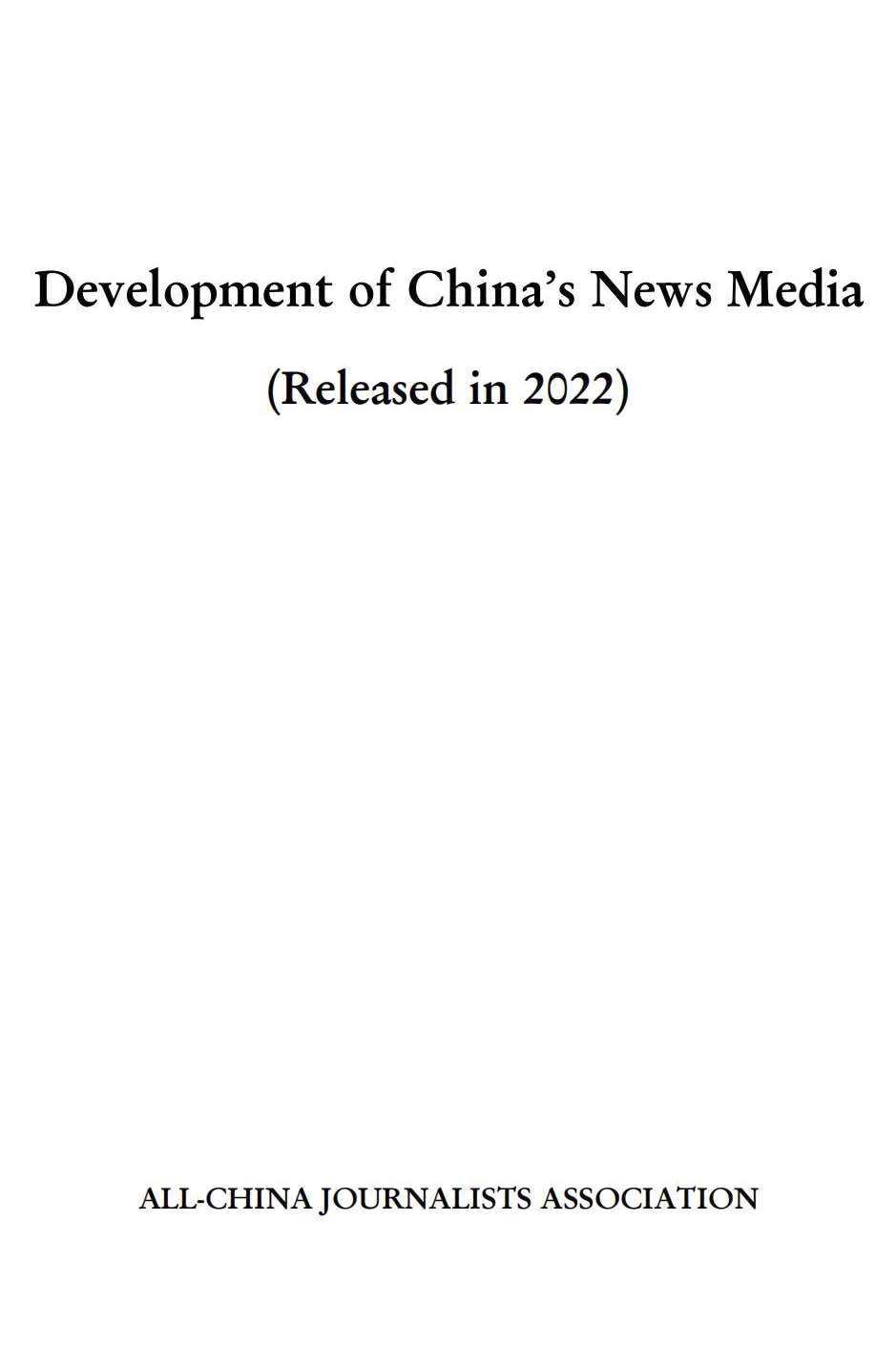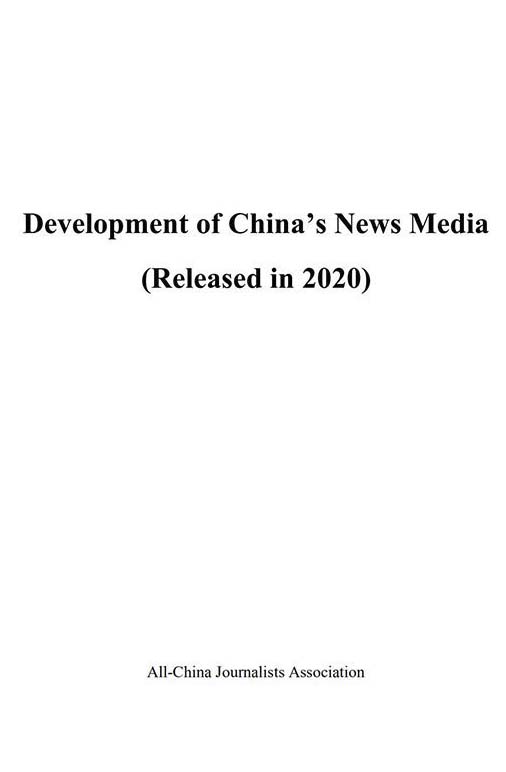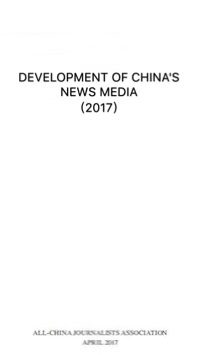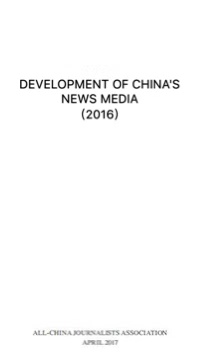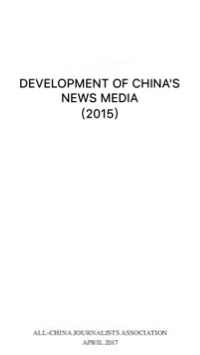Having stated that it reserved the right to respond to Washington capping the employee numbers of five Chinese media outlets in the United States, after it had already ordered the organizations to register as "foreign agents", Beijing's announcement on Wednesday of reciprocal measures in kind should come as no surprise.
It is the foppery of hardliners in the US administration that, perceiving the US to be sick in fortune, they seek to make China guilty of being the cause of all the country's ailments.
Having reexamined the US' engagement with China over the past more than 40 years, these ideological blowhards have concluded that China is not behaving to their liking and so have sought to exert comprehensive pressure on China in order to persuade it to change its ways. Now, as part of this campaign, the screws are being tightened on Chinese media organizations in the US.
The five Chinese organizations that have fallen foul of the rivalry these ideologues imagine with China strictly abide by US laws and serve to promote greater understanding between the two peoples. However, the Cold War mentality that at present prevails in Washington means the administration now has these organizations in its sights.
As such, China's counter-measures are fully justified. Although it does not seek to escalate the media war, Beijing has consistently made it clear it will act reciprocally in response to any pressure moves by Washington.
But both sides should bear in mind that media organizations from the two countries have played indispensable roles in deepening Sino-US interactions over the past four decades by strengthening mutual understanding and trust between the two countries, which established their diplomatic relations at a time of great division in the world. Despite the ups and downs in bilateral political ties, economic and trade cooperation has thrived and human and cultural exchanges have continually expanded over the years since then, proving that the two sides can get along if they accommodate their differences.
If the normal media exchanges are restricted, the glue that cements their mutual trust will be weakened. It will also likely reopen the wounds inflicted on the public opinion in each country by the protracted trade war, which led to growing bitterness and resentment as both economies suffered.
The US' trade war with China finally proved ineffective in achieving its purpose, and the pressure being put on the Chinese media will also be to no avail. It is to be hoped that the US administration will have second thoughts before aggravating a tit-for-tat media spat, not the least because that is not in the best interests of the US.
If the US decision-makers kept the bigger picture in mind and demonstrated more foresight in dealing with China, it would become apparent to them that rather than being a rival, China is a partner.
